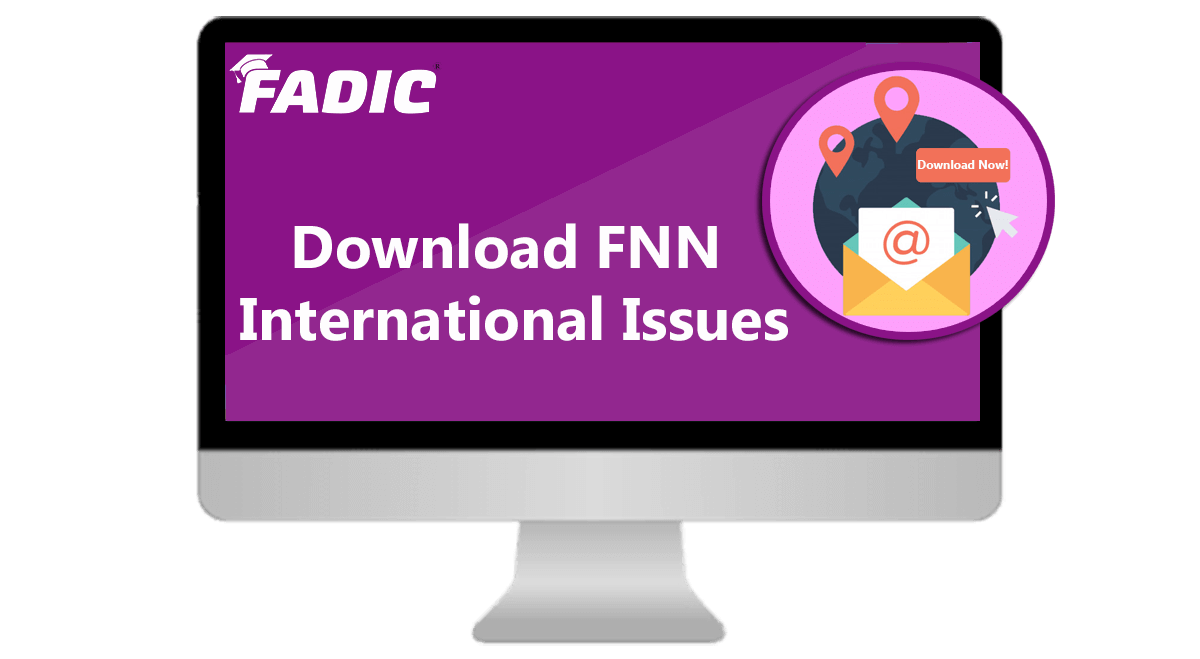3- Wednesday Research News – 22th September
1 – Mycophenolate Mofetil for First-Line Treatment of Immune Thrombocytopenia
- Immune thrombocytopenia is a rare autoimmune disorder with associated bleeding risk and fatigue. Recommended first-line treatment for immune thrombocytopenia is high-dose glucocorticoids, but side effects, variable responses, and high relapse rates are serious drawbacks.
- In this multicenter, open-label, randomized, controlled trial conducted in the United Kingdom, we assigned adult patients with immune thrombocytopenia, in a 1:1 ratio, to first-line treatment with a glucocorticoid only (standard care) or combined glucocorticoid and mycophenolate mofetil.
- The addition of mycophenolate mofetil to a glucocorticoid for first-line treatment of immune thrombocytopenia resulted in greater response and a lower risk of refractory or relapsed immune thrombocytopenia, but with somewhat decreased quality of life.
Source: NEJM
2- Comparison of SARS-CoV-2 Antibody Response by Age Among Recipients of the BNT162b2 vs the mRNA-1273 Vaccine
- Two COVID-19 mRNA vaccines, BNT162b2 (ie, Pfizer/BioNTech) and mRNA-1273 (ie, Moderna), were approved via the US Food and Drug Administration Emergency Use Authorization (FDA-EUA) for adults in December 2020.
- Both incorporate mRNA that encodes for the prefusion stabilized spike glycoprotein, use a prime-boost strategy, and have shown strong immunogenicity in preclinical and clinical studies.
- In this cohort study, they used a quantitative assay for IgG to SARS-CoV-2 spike-receptor binding protein to compare antibody responses in an employee cohort in which both BNT162b2 and mRNA-1273 were administered.
- They hypothesized that there could be differences in antibody levels elicited by the 2 vaccines and explored the effect of age on immunogenicity.
Source: JAMA Network
3- Effectiveness of the mRNA BNT162b2 vaccine six months after vaccination: findings from a large Israeli HMO
- Israel is currently experiencing a new wave of CoVid-19 infection, six months after implementing a national vaccination campaign.
- They carried out three discrete analyses using data from a large Israeli HMO to determine whether IgG levels of those fully vaccinated drop over time, the relationship between IgG titer and subsequent PCR-confirmed infection, and compare PCR-confirmed infection rates by period of vaccination.
- They found that mean IgG antibody levels steadily decreased over the six-month period in the total tested population, and in all age groups.
- The BNT162b2 vaccine was found to be less effective in protecting against Covid-19 infection after six months, and vaccination with a third dose is indicated.
Source: MedRxiv
4- Severe COVID-19 is associated with sustained biochemical disturbances and prolonged symptomatology; A retrospective single-centre cohort study
- Coronavirus disease 2019 (COVID-19) is associated with significant acute clinical manifestations, and reports indicate that some patients experience prolonged symptomatology and morbidity. These late clinical manifestations have been termed Post-Acute Sequelae of COVID-19 (PASC) and hypothesised to be associated with clinical severity in the acute infection phase and biochemical abnormalities.
- This study aims to evaluate the incidence of PASC in previously hospitalised COVID-19 patients and compare the admission and follow-up levels of biochemical parameters stratified according to baseline clinical severity.
- Previously hospitalised severe COVID-19 patients are more likely to experience Post-Acute Sequelae of COVID-19 and prolonged biochemical disturbances, evident by abnormal values of D-dimers and Ferritin.
Source: MedRxiv
5- Potentially effective drugs for the treatment of COVID-19 or MIS-C in children: a systematic review
- The purpose of this systematic review is to evaluate the efficacy and safety of using potential drugs: remdesivir and glucocorticoid in treating children and adolescents with COVID-19 and intravenous immunoglobulin (IVIG) in treating MIS-C.
- They searched seven databases, three preprint platform, ClinicalTrials.gov, and Google from December 1, 2019, to August 5, 2021, to collect evidence of remdesivir, glucocorticoid, and IVIG which were used in children and adolescents with COVID-19 or MIS-C.
- Overall, the current evidence in the included studies is insignificant and of low quality. It is recommended to conduct high-quality randomized controlled trials of remdesivir, glucocorticoids, and IVIG in children and adolescents with COVID-19 or MIS-C to provide substantial evidence for the development of guidelines.
Source: MedRxiv
6- Immunogenicity of Pfizer mRNA COVID-19 vaccination followed by J&J adenovirus COVID-19 vaccination in two CLL patients
- Individuals with Chronic Lymphocytic Leukemia have significant immune disfunction, often further disrupted by treatment.
- While currently available COVID-19 vaccinations are highly effective in immunocompetent individuals, they are often poorly immunogenic in CLL patients.
- It is important to understand the role heterologous boost would have in patients who did not respond to the recommended two-dose mRNA vaccine series with a SARS-CoV-2 specific immune response
- This study aims to characterize the immune response of two CLL patients who failed to seroconvert after initial mRNA vaccine series following a third, heterologous, COVID-19 vaccination with Ad26.COV2.
- Of the two subjects who received Ad26.COV2.S doses, Subject 1 seroconverted, had RBD-specific memory B-cells as well as spike-specific CD4 T-cells while Subject 2 did not.
- Both subjects had a spike-specific CD8 T-cell response after original mRNA vaccination series that was further boosted after third dose (Subject 1), or remained stable (Subject 2).
Source: MedRxiv

- Read more from FADIC Blog, with many articles with evidence based articles.
- Learn More Through FADIC® – Online Programs & Mini-Courses.
- Listen Now to FADIC Podcast focusing on varieties of pharmacist perspectives in specialties.
- Read More Now about FADIC Pharmacy Events to get more Experience.
Course Copyrights:
All Courses is meant for SINGLE user use only.
If more than one person acceced this course, they will be BLOCKED Forever.
FeedBack
FADIC 2021 Clinical Research FNN E-News
Directed By/ Rasha Abdelsalam
The FADIC Pharmacy’s Clinical Research FNN E-News works like this:
- Each business morning, you receive an email message with the text of that day’s FNN.
- The message has a link to a PDF file that can be viewed or printed format.
- Issues for the past reports.
Each and every business day, things change!!
- More articles are published
- New drugs are approved
- Research is presented at medical meetings, policy decisions affecting practice are debated and confirmed.
By subscribing to the FADIC 2020 Pharmacotherapy Daily News (FNN), a daily publication of the Daily News Network “FNN” will be sent to your Email.
📑 Sample of Monthly Newsletter 📥
You can keep up with what’s important
- You need not to be disturbed with many newsletters crowding your email inbox about everything.
- FADIC FNN’s provides you with each business day with a morning email summary of developments in all the areas critical to your clinical practice
FADIC 2021 Clinical Research FNN E-News (FNN) Emails Contain:
- Just-published articles in the biomedical literature
- Emphasis on the FOUR weekly major important medical journals such as “Lancet, BMJ, JAMA, and NEJM”
- In addition to the two internal medicine journals as“Annals and JAMA Internal Medicine”
- Finally, the leading journals in medical speciality areas such as: “IDSA, JACCP, Annals of Pharmacotherapy, and others”.
- News briefs covering newly approved drugs, warnings and recalls announced by FDA, Saudi FDA, research at medical meetings.
- Lastly, other important news from International Organizations such as “CDC, WHO, and others”.
Why FADIC 2021 Clinical Research E-News ?
- It helps to keep up with the literature!
- Provide you with the Updated with the latest in your clinical practice. Wherever you are, and Whenever you need!
- Help you to share in the advance in clinical career. In addition to adding an impressive image to the pharmacists all-around!
Subscribe to FADIC 2021 Clinical Research FNN E-News, for a publication of News
Read & Download FNN Issue 8 of April 2020 FNN News
With FADIC 2021 Clinical Research FNN E-News, you Will …

Receive email notification everyday morning
As we all know, the world of clinical research is changing constantly. All medical news, clinical guidelines, and updates become available in your daily medical news issue.
You can read & download news every day
You can access your daily medical everyday morning, once you receive the email notification in the morning, and entre the website, and download your news issue.
You can print your daily news for work
You will receive your FNN daily medical news from international journals, and you can print it and share the latest journal club in your
The full-Text source will be available for you
If you need to know any further details or full-teat for any news, you can open the corresponding links that support you with further details.
You’ll Also Get These Awesome Bonuses…
Bonus #1. Download monthly FNN international issues (Value 300$)
As well as the daily news, there will be a monthly issue with the most important news all over the month, that will help you to stay updated, you can download it and print.
Bonus #2. Your FNN website account support (200$ Value)
You will have your own account in FNN Medical news, in FADIC website, that enables you to follow up on all the previous or missed issues, and read them to catch up on any missed news and download all of them.
Subscribe NOW in FNN – Special Offers for Group and Organisational Subscription
Course Copyrights:
All Courses is meant for SINGLE user use only.
If more than one person acceced this course, they will be BLOCKED Forever.

 Log in
Log in Sign up
Sign up



